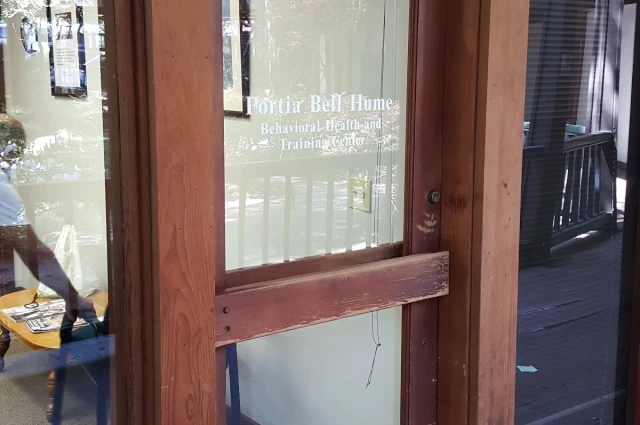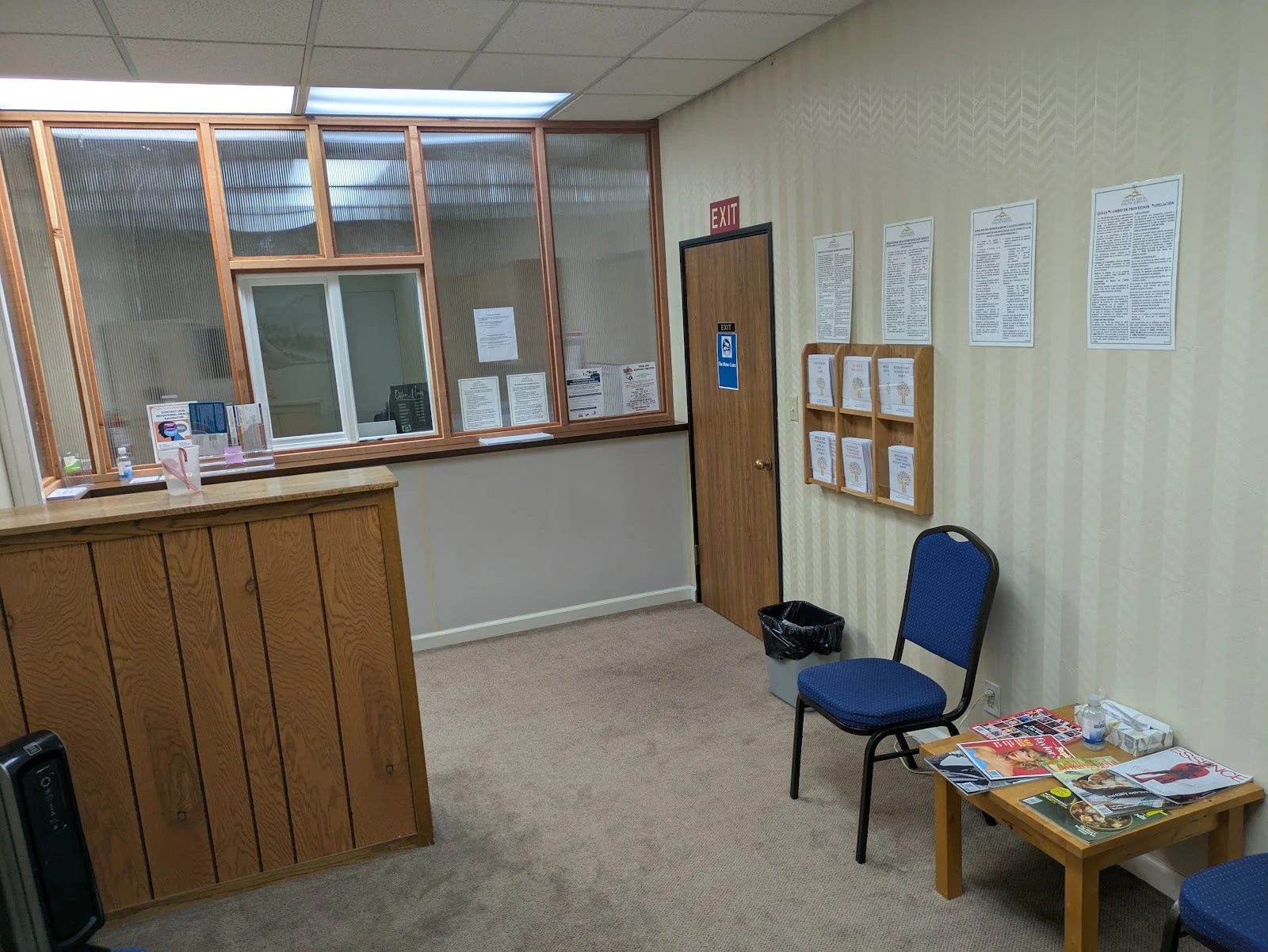Portia Bell Behavioral Health Information
Treatment
Who We Treat
- Children
- Adults
- Seniors/Older Adults
- Older Adults
- Male and Female
- LGBTQ+
- Couples
Treatment Focus
- Post Traumatic Stress Disorder
- Co-Occurring Disorders
- Drug Addiction
- Couples
- LGBTQ+
Approaches
- Individual Treatment
- Family Involvement
- Couples Counseling
- Family Therapy
- Group Therapy
- Cognitive Behavioral Therapy (CBT)
- Dialectical Behavior Therapy (DBT)
Conditions We Treat
- Depression
- Anxiety
- Post Traumatic Stress Disorder (PTSD)
- Trauma
- Suicidal Thoughts
- Suicidality
- Co-Occurring Disorders
Languages
- Farsi
- Chinese
- English
- German
- Spanish
- Urdu
- Arabic
- Mandarin
- Hindi
Aftercare
- Outpatient Treatment
- Continuing Care
Level of Care
- Outpatient
- Day Treatment
- Aftercare/Continuing Care
Experience
Special Considerations
- LGBTQ group
Smoking and Vaping Policy
- Smoking Allowed
- Vaping Allowed in Designated Areas
Additional Locations
Portia Bell Behavioral Health Accepts The Following Insurance Plans
Find the best treatment options. Call our free and confidential helpline today!






